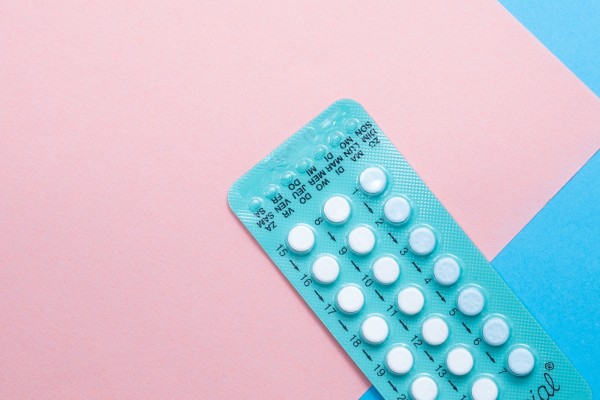This week Jade has started reading about the menopause, in order to better understand a lot of the clients that she sees weekly. This is the first of many blogs to help you all understand it too. No matter what age or gender you are, either you or someone you know will go through the menopause, so I’m, starting this series to help everyone understand it better, and clear up some common misconceptions.
I’m going to keep it simple to start with and introduce the three hormones that play the biggest role in menopause.
Testosterone
- Normal range for females is between 15-70 nanograms per deciliter of blood
- Aids with growth, maintenance and repair of female reproductive organs, as well as bone and muscle mass
- Low testosterone levels can lead to muscle weakness, fatigue, sleep disturbances, reduced sex drive, weight gain, fertility issues, and many more
- High testosterone levels can lead to increased muscle mass, deepening of voice, balding or increased hair growth, acne, fertility issues, and many more
Estrogen
- Estrone and estradiol are two hormones that make up estrogen
- Pre menopausal levels of estrone are 17-200 picograms per milliliter blood, and for estradiol are 15-350 pg/ml
- Post menopausal levels of estrone are 7-40 pg/ml, and for estradiol are <10 pg/ml
- Works with testosterone, and an imbalance between the two can lead to bloating, swelling or tenderness in breasts, fibrocystic lumps in breasts, reduced sex drive, irregular periods, mood swings, headaches, anxiety, weight gain, hair loss, difficulty sleeping, fatigue, memory issues, and many more
Progesterone
- Usually <0.89 ng/ml blood, but during ovulation increases to 1.8-24 ng/ml, and in menopause drops to <0.2 ng/ml
- During pregnancy levels gradually increase from 11-214 ng/ml as the pregnancy progresses
- Plays a role in regulating the menstrual cycle and thickens the uterine lining enabling it to accept a fertilized egg, and during pregnancy it maintains the uterine lining, supports the development of the cervical mucus plug, prepares the glands in the breasts for breastfeeding, and strengthens the pelvic wall/floor muscles
- Imbalance can lead to ovarian cysts, congenital adrenal hyperplasia, irregular menstrual cycles, difficulty conceiving, and high risk pregnancies
Whilst these three hormones play a significant role in female reproductive health and consequenelty the menopause, it is important to note that men also have all three of these hormones, and can suffer from similar symptoms if there is an imbalance.
If you’re interested in finding out more about the menopause, either for yourself or someone you love, then keep checking in each week as I explore a new topic.
